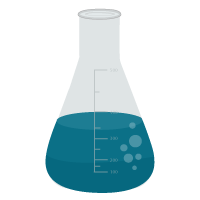DK / EN

Increasing numbers of patients survive cancer, and thus the number of patients living with cancer is increasing. The treatment has consequences, however. One of the most frequent after effects of chemotherapy is nerve damage, which causes pain, tingling and/or impaired tactile sense in the hands and feet. It has been shown that nerve damage caused by chemotherapy has a negative effect on quality of life. There are no preventive measures, and no effective treatment for chronic nerve damage. One of the challenges is that in some cases, nerve damage is delayed in relation to the treatment, so it is difficult to stop the treatment before the nerve damage becomes chronic.
The Vissing Foundation is supporting a project to study a new biomarker, Neurofilament light protein (Nfl), which is released into the blood when nerves are damaged.
“The project consists of studies in which we will measure the level of Nfl, compare it with symptoms of nerve damage, and investigate whether Nfl can be used to predict when patients are at risk of developing chronic nerve damage,” explains Lise Ventzel, PhD, Clinical Associate Professor and Researcher at the Lillebaelt Hospital, Research Unit of Oncology in Vejle.
If Nfl proves to be a good biomarker for predicting early nerve damage, it will be possible to use the results with several groups of cancer patients who receive chemotherapy that can damage the nerves, including patients with breast cancer, colorectal cancer, lymphoma and others.